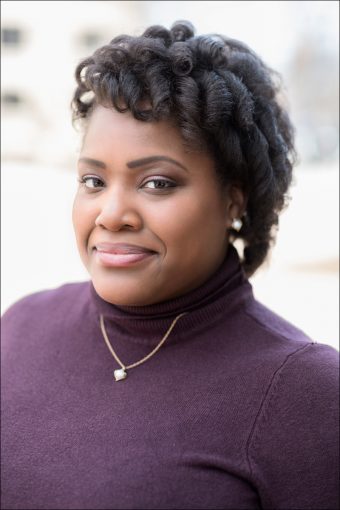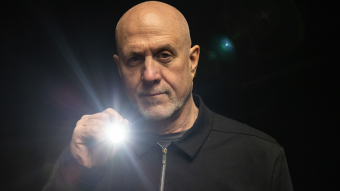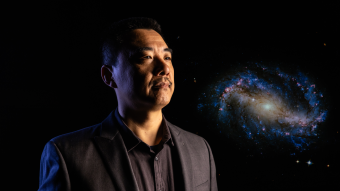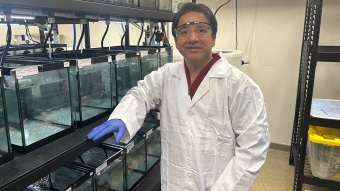
March 15, 2022
Monique Luisi awakened to the importance of science communication earlier than most. When she was just four years old, her mother suffered a series of strokes that required an extensive recovery. Young Monique not only motivated her mother to relearn speech and motor skills, but also listened to doctors speak in a jumble of medical jargon that neither she nor her mother could fully understand.
“As a kid, I thought it was cool that I was helping my mom by learning a bunch of medical terminology,” Luisi said, “but I realized later, ‘Oh, it’s kind of not cool that doctors were talking so fast, and using so many big words, that my mom couldn’t keep up with it all.’”
Ultimately, the experience taught Luisi that clear science communication can be a life-or-death issue, and that there was a dire need for improvement.
Now an assistant professor of strategic communication at the Missouri School of Journalism, she has turned those insights into a career focused on understanding how the public interacts with scientific information, both as a researcher and a teacher. Currently, much of her work revolves around how the public perceives vaccines and the impacts of different forms of communication on those perceptions.



